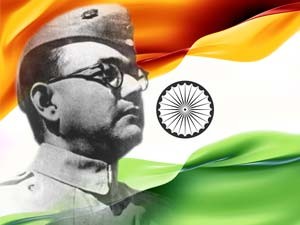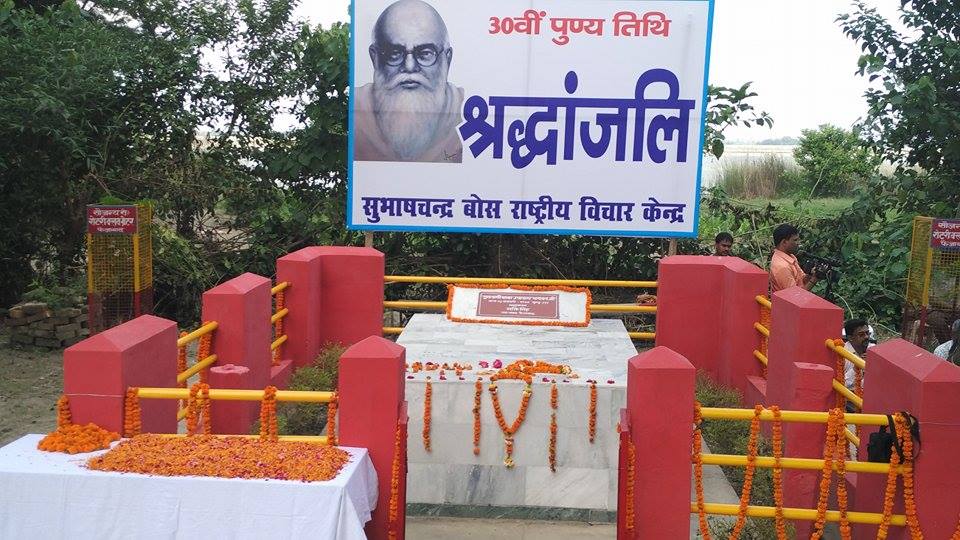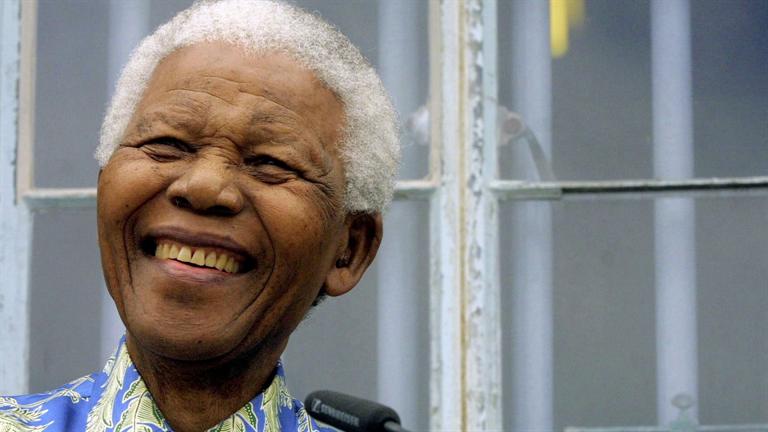So little time
Synopsis : Time has different meaning for different people but we all agree that it passes swiftly for some while slowly for others. I emphasize the value of time in our life no matter who we are and how we can make most use of it by leaving behind something for the next generation.
I often think of human life as a blink in the long history of humanity that dates back to our ancestor Lucy in the Rift valley of Africa millions of years ago. We have come a long way since then and have made progress our ancestors could not even dream of. From simple nomadic life of hunting gathering to the establishment of settled communities to grow food for a stable supply led to the development of civilizations along the source of permanent water of Nile, Indus and Yangtze and elsewhere that have now become a part of the world history.
All along the waterways grew settled communities in many parts of the world where the irrigation led to the development of agriculture and animal husbandry because the nomadic life based on constant hunting for food and water was harsh and very unpredictable so gradually people settled down in places where they could grow their food that led to the development of permanent settlements.
Benares in India is known to be the earliest such city that has been in existence since ancient times mentioned in the Hindu scriptures.
This preamble is necessary to understand that our history as humans is ancient and has been in the making since the time we stood up on our two feet and began the long journey to the present times. But our recorded history whether in parchment, clay tablets, palm leaves or etched in stone like in Angkor Wat is only a few thousand years old that tells us how it evolved although Lucy was born millions of years ago leaving no trace except a small skull fragment or a few bones that were accidentally found in Africa.
So what are a few thousands of years in the long history of mankind that runs to millions of years if not a blink? Before Mohenjo-Daro and Harappa , the settlements along the Tigris and Euphrates or Nile or the rivers in China, very little is known about how our ancestors lived, where they lived and what they did to survive except the cave paintings in some countries, the bone fragments or some tools found during some excavations in various parts of the world.
Because of these excavations that continue even today, we have gathered some information and artifacts that shed some light on the past that stretches to hundreds of thousands of years and I am sure more knowledge will be gained in the future.
So keeping these facts in mind we can now see how short our life is and how quickly we live through it. It is true that the average lifespan has improved in the last hundred years due to the advances in medicine and science so people live a bit longer than their ancestors now although this varies from country to country and the rate of development there including the healthcare.
I am constantly surprised how fast the time passes for the most of the humanity. A day passes into a week, then month and then year in such a frenzy of speed that we do not realize until we are ready to take our last breath and wonder how quickly our life passes. We all recall our childhood in some detail, our teenage years, our formative years passing through schools and colleges, then perhaps our employment to earn a living, getting married and starting our own family, watch our children grow and pass through the same stages we all passed through to get to where we are now and one day we realize that so much time has passed since our birth that for many pass too quickly depending on how challenging their life was.
For the people who are poor and struggling to survive to meet their basic needs, the days may seem long and never ending so their whole life may seem to be a long stretch of misery that ends only when they die.
In the primitive societies where the struggle to survive is more acute than in the developed societies, they do not seem to keep track of time because time means so little to them. The harder the struggle, the less they are interested in keeping track of time that is kept by those who are not struggling so hard and can indulge in recording time, history and the development of our society.
You cannot develop art, science, technology, history, philosophy, literature, music or anything related to knowledge on empty stomach so our ancestors cannot be blamed for not keeping records or develop the knowledge that we have now because they had other priorities. Most of the knowledge we as humans have gained and developed in agriculture, science and technology are less than 10000 years old which is relatively a very short period of time when seen in the context of when humans appeared first on earth.
So I am essentially writing about those people who value time because they can afford to. Yet even for most of such people who value time, there seems to be a miscomprehension in their minds the real value of time because they did not make full use of the time they had until it was too late. Some realized it on their deathbed and others not even then and passed into oblivion leaving nothing behind to others to ponder on their lives.
Luckily some of our ancestors used their time on earth wisely and went on creating monuments and pyramids that recorded the history in stone but they could afford to and had the power to do so. No one could build a pyramid or the wall of China or Angkor Wat without the sponsorship of rich and powerful people. The kings and queens could desire anything no matter how impossible it may have been and made it happen but it was beyond the means and aspiration of the ordinary.
So what do ordinary people do to understand the value of time and how they can benefit from the short time life provides them? How can we leave behind something for the next generation that they could benefit from?
I have been told by some people that the ordinary people who just live their day to day life and die one day leave no trace of their existence and simply vanish from the collective memories of those who knew them. It happens in every family where the second and the generations to come know little or nothing of their ancestors because they left no records or trace of them. The old photos fade and disintegrate, the old records if kept collect dust and one day someone throws it out as trash, the old houses where so much history was written or made may one day be sold and demolished to make way for a new building and so on.
I have been told that ordinary people just pass through this world leaving no trace because they had achieved nothing and left no legacy worth writing about or preserving but somehow I know that no ordinary person is truly ordinary. We all have stories to tell if someone cares to listen. We all have struggled through our lives in our own way and have gained experience and have seen the world albeit perhaps in a limited fashion that we could share to throw light on a period long past and dimly remembered.
I know that my father once told us about the day he was going to his office pedaling his bicycle past the central park in our home town when he heard gun shots from the park. He was afraid and pedaled on his old bicycle faster to get away not knowing at that time why guns were being fired. It became known only later in the day that he had witnessed a historic event in India when Chandra Shekhar Ajad was surrounded by the British police and was shot dead there in the park that day. ( Read my blog My hero : Chandra Shekhar Ajad here)
He must have seen many historic things and travelled all over India but never really told us anything so all his rich experience of living under the British rule and the freedom struggle for independence movement of Bose and Gandhi that he saw or knew about was lost when he died because he did not write about it or leave something behind for the next generation to read. He had a diary of deaths, births, marriage and some other bits of information in this diary that I brought here and translated and it was great deal more than any other family that kept no such records so I thank my father for leaving something for us to read.
I was inspired by my father and mother who kept some records of their lives and the stories I heard from them in bits and pieces over the long years that made me take up the task of writing my biography and later the blogs that I write.
I was watching many videos on the life and struggle of Netaji Bose recently on which I just published a blog called A hero like no other: Bose when I heard many songs that were included in the Bengali and Hindi versions of his Biographical movies. These were the songs my father used to sing when we were children because these songs were the patriotic songs written and sung during the struggle for the freedom of India although I have forgotten the lyrics. Netaji himself made some of these songs as the marching songs for his 50000 strong army that went on to liberate parts of India but the later generation forgot them. They are now being revived through many movies that have now been made on Netaji .
I believe that we all have stories to tell no matter how insignificant they may seem to some but these stories if kept record of shed light on the past that people so soon forget. Only the records kept can enlighten people. We do not build pyramids or the Wall of China but in our own small way we too can keep records of our own experience in life in the form of a diary or a memoir that someday some people may read to know the forgotten chapter of our history.
It is the collective memory of the common people that creates history and keeps record of it. Ask any INA soldier still living what stories he can tell about the freedom struggle and he will tell you about his personal experience of the march for freedom, the bombings by the British planes and deaths of thousands of INA soldiers, their hunger, disease and death through injuries. He will tell you how Bose inspired the army through his speeches and leadership.
I have written about my own experience in Vietnam during the war in my biography where I saw the bombings, death and destruction, mutilated bodies of Vietcongs, explosions and the tragedy with my own eyes. I could relate to the fact that the US soldiers there were on drugs that Netaji advised Ho Chi Minh to send to the Americans to weaken them because I saw one night how intoxicated with drugs a US soldier was guarding a post in Saigon in 1968.
So everybody has some stories to tell. I have been urging my friends who are so rich in their experience to write their stories but I have failed to persuade them. Perhaps they are afraid to put in words their own experiences for some reason or perhaps they just can’t bring themselves to write anything on paper because not everybody is a writer. Yet there are ways to make their stories public if only they take the first step to tell their stories.
One day we all have to die and become ash to be buried or spread as fertilizer but wouldn’t it be nice if we all could leave behind our stories to enrich the world of knowledge?
Some people collect books that they donate later to a library while others collect music that too they donate to some music library. Some collect movies in VHS or CDs, DVDs that someday may become a part of a video library while others leave behind their collection of dolls that delight the future children. Some take photos in black and white or color of historic events that may become a part of the historic archive somewhere. I know that I took a photo of Fidel Castro in Mostaganem, Algeria in 1972 that I still keep to remind me of that day when I met my hero in person. Some people leave behind their paintings they made or other art work they created that may someday be displayed in some art galleries.
Some people leave behind their music and their musical instruments that the future generation can enjoy so there are many ways one can leave behind something for the posterity but the time is too short so make haste and do something while you still can. Human life is too short because it passes like a blink in the collective radar of humanity and disappears soon after it appears. Time is like sand that passes through the hourglass relentlessly.
After all there is so little time.
Note : My blogs are also available in French, Spanish, German and Japanese languages at the following links :
tumblr posts
Blogs in French
Blogs in Spanish
Blogs in German
Blogs in Japanese
Anil’s biography in Japanese
Anil’s biography in French.
Anil’s biography in English.
Anil’s biography in Spanish.
Anil’s biography in German
http://achtrjee.wixsite.com/mysite/blog








